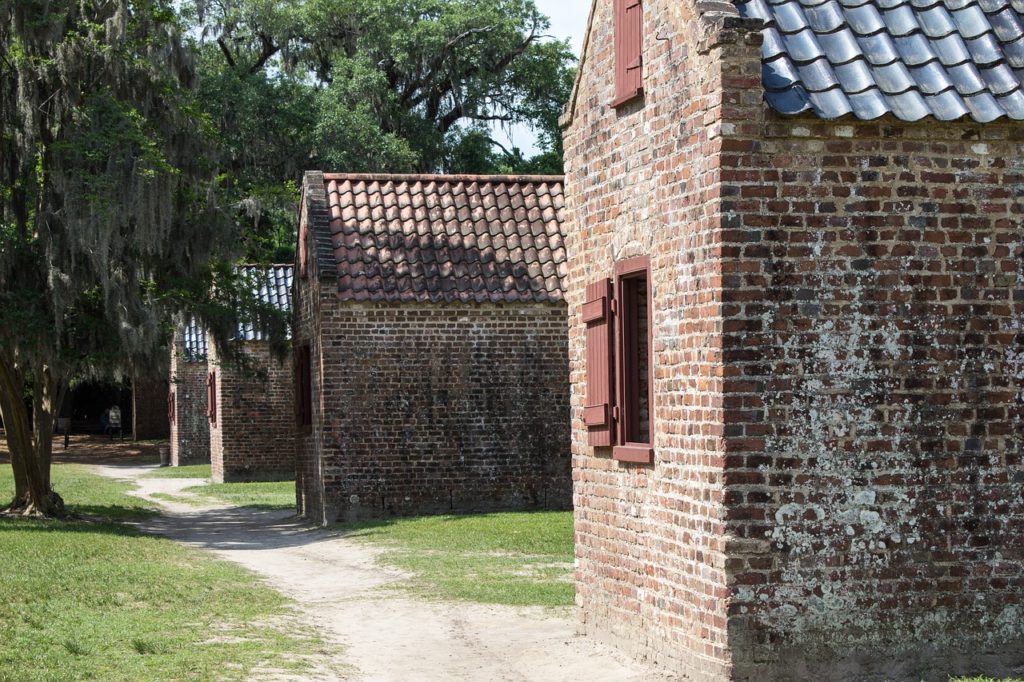Are you a senior citizen without adequate retirement corpus? Interested to live a better life. What if there is a loan that you need not worry about repaying? If you own a self-acquired, self-occupied residential property in India, you can use it for your benefit through reverse mortgaging it with a bank. It is a great tool to unlock the capital locked in a house property and enjoy the cash benefits of their property value while getting to use it as their residence for their entire life span.

What is Reverse Mortgage?
Reverse mortgage scheme, introduced in India in 2007, is a loan scheme for senior citizens against self-occupied house. Under this loan, the borrower gets a certain amount in exchange of the equity of the house. Just the opposite of a home loan, the house equity of the borrower reduces with each payment by the lender.
The amount of loan depends factors such as borrower’s age, value of the property, existing interest rates and the reverse mortgage plan chosen. Here the loan amount eligibility is higher for older borrowers (lower remaining life tenure) and higher value of the mortgaged house.
Reverse Mortgage Rules in India
The Reserve Bank of India (RBI), which regulates banking in India, has set guidelines for a reverse mortgage scheme offered by Indian banks to senior citizens. Here are the most important of the reverse mortgage rules in India.
- House owner should be 60 years or older
- If spouses apply jointly as co-applicants, at least one should be above 60 years
- Maximum loan amount up to 60% of the value of the residential property
- Maximum tenure for reverse mortgage is 15 years and minimum is 10 years
- Loan payments can be made monthly, quarterly, annual or as a lump-sum payment
- Property cost revaluation to be done by the lender bank every 5 years
- Reverse mortgage interest rates can be fixed or floating, and determined by the prevailing market interest rates
- Loan becomes payable only when the last surviving borrower dies or intends to sell the house or move out
- Borrowers must pay all taxes related to the house, such as municipal property tax, and retain the property as his/her primary residence
- Borrowers get to retain the house for their entire life even after the loan tenure expires
- On death of the home owner, the legal heirs can sell the house or retain it by repaying the loan. If they decide to sell the house, the money received goes towards repayment of the mortgage. The money left after loan repayment goes to the heirs
If the valuation of property increases over time, borrowers can ask their bank to increase the amount of the reverse mortgage loan. The additional loan amount is paid as a lump-sum amount.
For tax purposes, the amount received through reverse mortgage is classified as a loan and not income. It does not attract any income tax. However, a borrower is required to pay capital gains tax when the mortgaged property is taken over by the lending bank for recovery of the loan. Simply put, the transfer of a reverse mortgaged property to the bank is similar to sale of the property by the borrower owner.
Eligibility for Reverse Mortgage
- House owner should be 60 years or older
- If spouse is a co-applicant, he/she should be above 58 years
- Owners must have of a self-acquired, self-occupied residential house or flat, located in India
- The property must not be mortgaged, and should be free from all encumbrances
- Owners should have a clear title of the property
- The remaining life of the property should be at least 20 years.
- Property should be the permanent primary residence of the individuals
Repayment of a Reverse Mortgage
A reverse mortgage loan need not be repaid by the borrower. It becomes due only on the death of the last surviving borrower, or if the borrower decides to sell the house. The bank offers the borrower’s legal heirs an option to retain the property by settling the loan amount along with accumulated interest. If the heirs do not wish to retain the mortgaged property, the bank recovers its due amount through sale of the property. Any surplus amount recovered through such a sale is paid to the legal heirs. If the property sale proceeds are lower than the loan amount and the accumulated interest, the lending bank takes the loss.
Foreclosure of Reverse Mortgage Loan
The lender can foreclose a reverse mortgage loan if the borrower ceases to use the property as his/her residence, and has not stayed in the house for a continuous period of one year. It can also happen if the borrower does not pay property taxes and other taxes related to the house. The house should also remain insured at all times. The loan can also be foreclosed if the borrower declares himself bankrupt, rents out a part or whole of the property, sells, donates or abandons the property, or makes alterations to the property that affects the security of the loan for the lender.